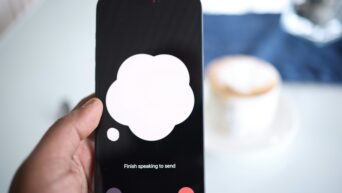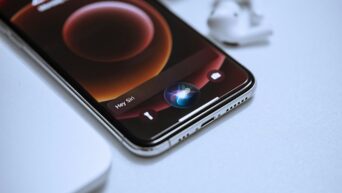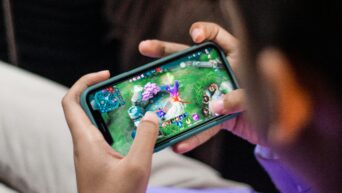Teenagers are internalizing behaviors on a more frequent basis due to social media.
A study at John Hopkins Bloomberg School of Public Health found that teenagers that spend three hours or more on social media are more likely to internalize their behaviors more than teenagers who spend less time than that. The researchers focused on the two behaviors that are indicators of mental health problems: internalizing and externalizing.
Internalizing is when someone is withdrawn from social activities and has a difficult time coping with any feelings of anxiety or depression. Externalizing, on the other hand, is behavior that is visibly seen as acting out in aggressive manners and disobeying rules. The study seemed to point more towards internalizing behaviors for those who spent a lot of time on social media.
The study looked at teens between the ages of 13 to 17 between the years of 2013-2016. 6,595 participants responded to the study and questions about the length of time using social media and symptoms pertaining to internal and external mental health problems were discussed.
The study showed that 32% spent less than 30 minutes; 31% spent 30 minutes to three hours; 12% reported spending three to six hours; 8% reported spending more than six hours per day. The remaining percentages belonged to the group of teens who said they never use social media. 41% of the respondents reported experiencing internal, external, or both in terms of mental health problems.
The study could not directly connect social media with the way teenagers behaved, but the numbers show that social media is a presence in their lives. Social media takes teenagers away from the real world and doesn’t teach them the right way to handle different problems. This is something that parents need to monitor on a consistent basis.

































